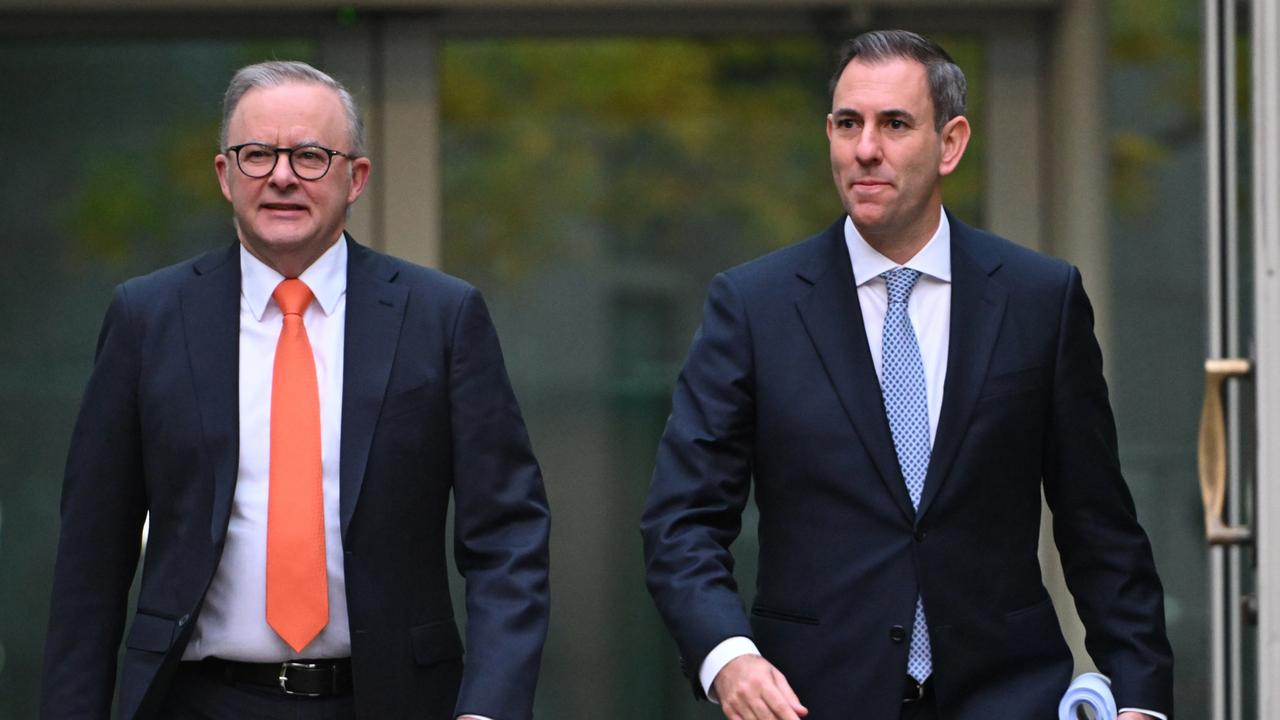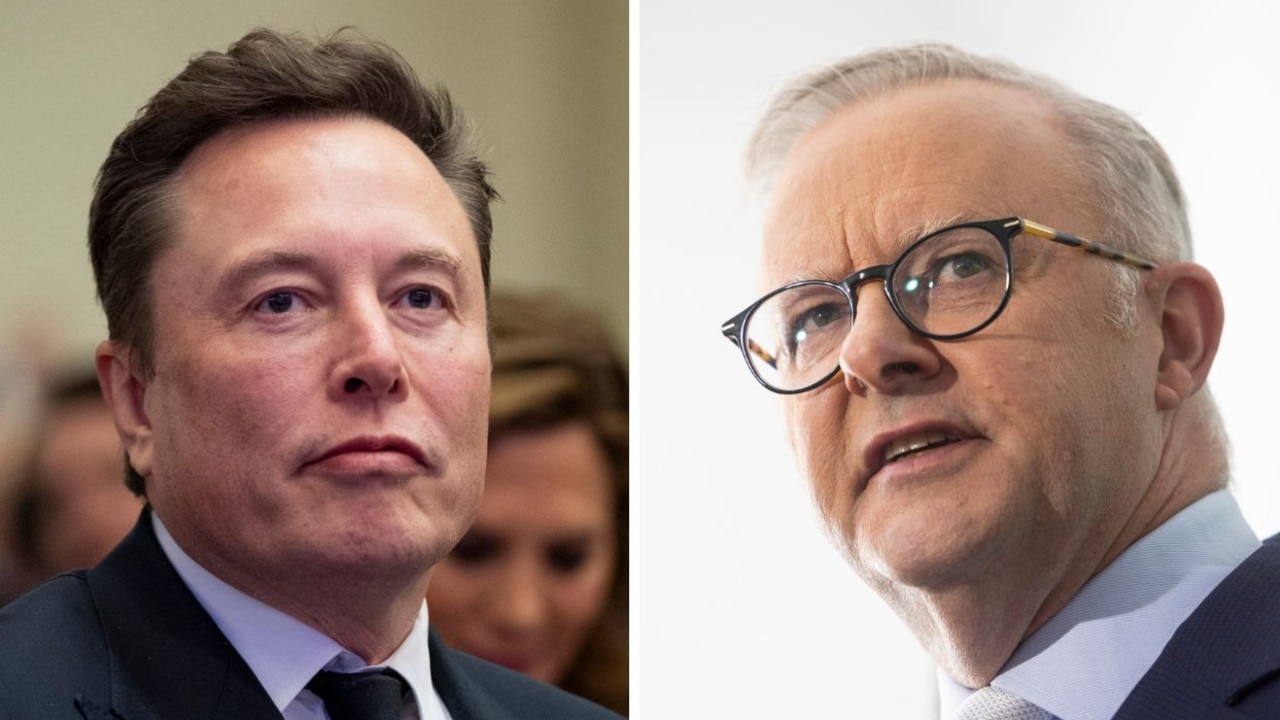A band made just for TV is not how we should run our country
THE Monkees was a 60s pop band manufactured for TV and criticised for not being “real”. Those are criticisms our elected leaders might take note of, writes Shaun Carney.
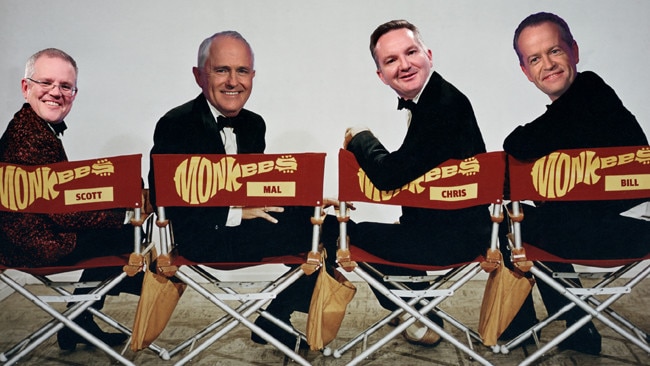
Analysis
Don't miss out on the headlines from Analysis. Followed categories will be added to My News.
WATCHING the televised leaders debate on Sunday night, my mind kept drifting to The Monkees.
Yes, I’m certain I was the only one of the 529,000 people watching it whose mind worked that way. After all, The Monkees were a made-for-TV pop group that last had a hit here in 1969.
They were very big for a couple of years. In 1967, the year of The Beatles’ celebrated Sgt Pepper, they were the biggest-selling group in the world. But they were detested by critics and many of their fellow musicians because they didn’t always play on their records and mostly relied on outsiders for their material.
They were a confection and weren’t regarded as “real”.
Fifty years after their creation by a US television network, The Monkees have just released an album of new material, called Good Times!.
Curious to know what this trio of 70-somethings would sound like, I checked it out on Spotify during the weekend.
What did this have to do with the debate between Malcolm Turnbull and Bill Shorten? It got me thinking about what we regard as “real” these days.
In today’s politics, the line between rhetoric and reality is pretty blurry. What you say regularly carries more weight than what you do.
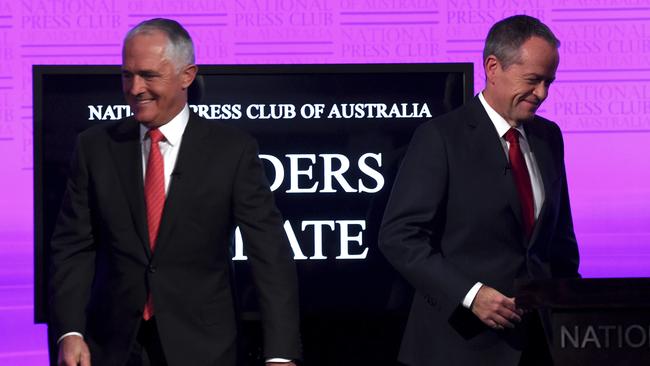
For almost the entirety of that hour on Sunday night, the leaders were looking for opportunities to get out their lines because they weren’t really taking part in a debate as much as they were performing on a television show.
Questions from the panel of journalists were used as springboards for more recitation. For the most part, neither the Prime Minister nor the Opposition Leader answered them. They had a limited window of time in which they could get out their messages on national TV, commercial-free, and they were going to use it.
So for the PM, there is a plan to create jobs and growth and Shorten is a reckless, irresponsible spender who would open our borders to people smugglers. For Shorten, Labor has a plan to boost education and health and Turnbull governs for the wealthy, a fraud who’s controlled by the Liberals’ Right wing.
You will note that they both have plans and are anxious to tell us so. That is because their parties’ research has told them that the undecided voters who will decide the election aren’t convinced that either leader has a coherent plan for the nation.
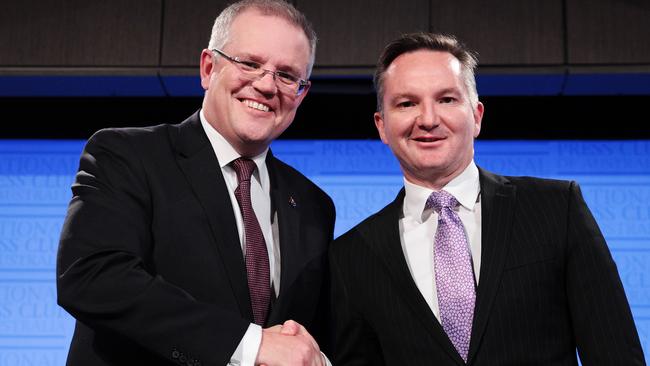
When confronted by that sort of finding from focus group polling, the first thing a leader has to do is to say “I have a plan”.
Then they put together the plan. But the more important step is to assert that there is a plan.
Many of the targeted voters will feel that their concerns about the lack of a plan have been heard and will not worry too much about the detail — or lack of it.
Basically, in some form or other everything uttered by the leaders on Sunday night was informed by party research, right down to little asides. Sometimes the points being made were not major ones but they would still have flowed from focus group discussions in which voters have been encouraged to express their views without restraint.
The most notable aside in Sunday’s debate was when Turnbull responded to the first question, which asked about the criticism that he was a “do nothing” PM who had abandoned what he stood for. His reply began: “I come to this role as Prime Minister and as a member of parliament not from a career in politics working as a staffer or working for a trade union. I came here to parliament at the age of 50 after a career that had many roles, including many in business. Often in partnership with my wife, Lucy — my wife of more than 36 years.”
The points that Turnbull was making were: unlike Shorten, I am not a soiled, ethically compromised ex-union leader; and, unlike Shorten, I am not divorced from my first wife. It was a particularly personal and, on the latter point, well-disguised attack.
The goal of focus group research is to determine what electorally important sections of the community feel about policies, their own lives, the language politicians use and the politicians themselves. Its purpose is to locate a series of buttons for the leaders to press to give them an advantage and to put their opponents at a disadvantage. On Sunday night we saw two blokes furiously pressing buttons.
Last Friday’s formal debate between Treasurer Scott Morrison and his Labor opponent, Chris Bowen, had less button-pushing because of its looser format but was still an exercise in running out tested lines. Unsurprisingly, since these encounters are chiefly rhetorical battles, both debates have been judged by most commentators as dead-heats.
It’s hoping for too much to expect anything more from these contests. Increasingly, modern voters will reward politicians who tell them what they want to hear and punish those who recommend tough medicine. We often say we want our leaders to get real with us, but do we?
And what does “real” mean? So much of our lives now is the product of research — what we eat, what we wear, the films we watch, the music we listen to. Why not how we’re governed? It’s enough to make The Monkees look deeply authentic. By the way, their new album, the product of zero research, is pretty good.
Shaun Carney is a Herald Sun columnist and adjunct associate professor of politics at Monash University
Originally published as A band made just for TV is not how we should run our country

